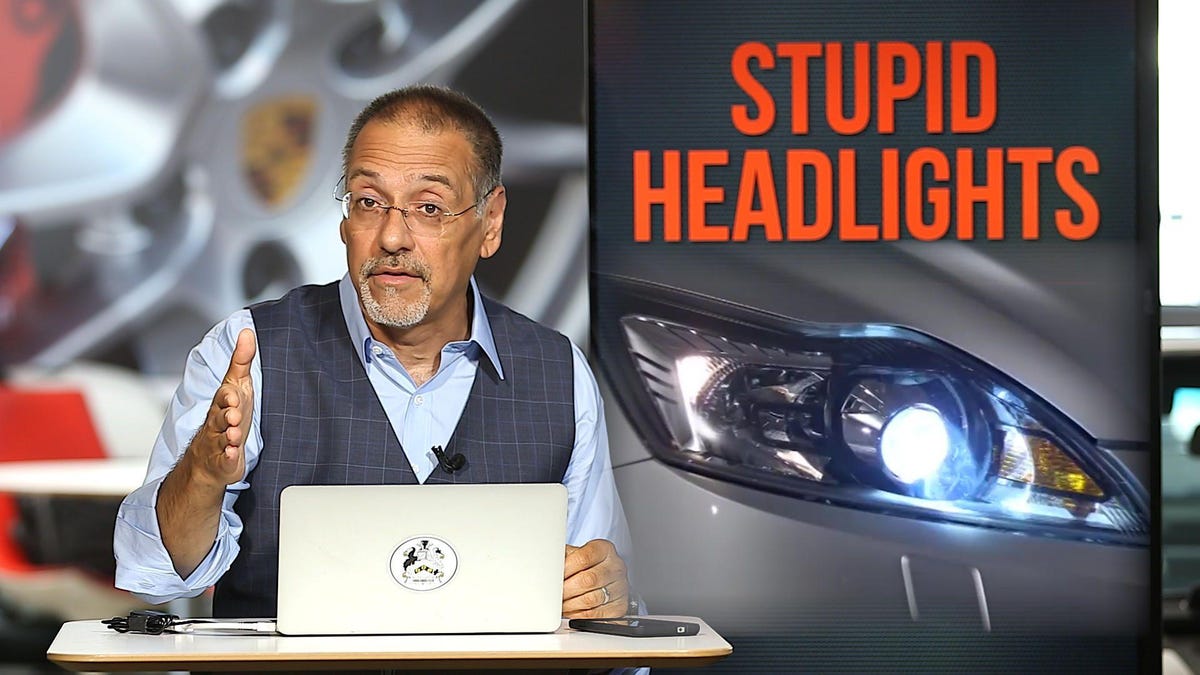I think you are mixing two separate concepts - continuous deployment and beta/GA. Continuous deployment does not preclude branches to be declared beta or GA.I don't think Tesla subscribes to the Beta to GA software model. All their software is perma-Beta, the "continuous integration" model, also known as "keep testing small incremental changes it on your customers".
Tesla clearly distinguishes between beta and GA. For example, there is FSD and FSD beta.




